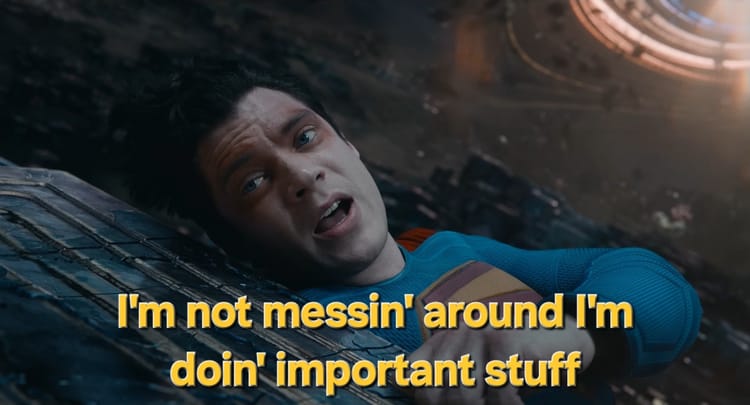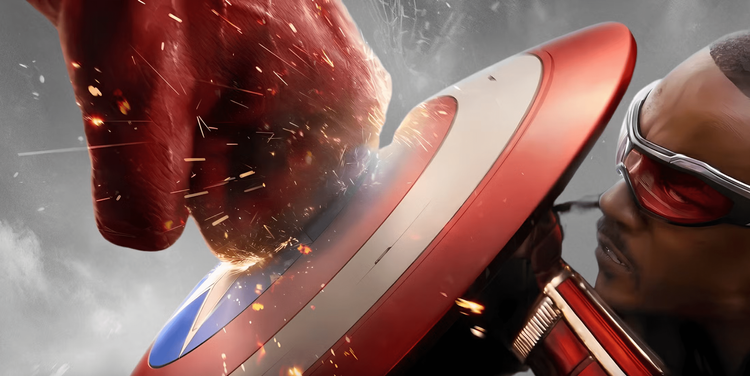A Great Character Moment: Ford v Ferrari
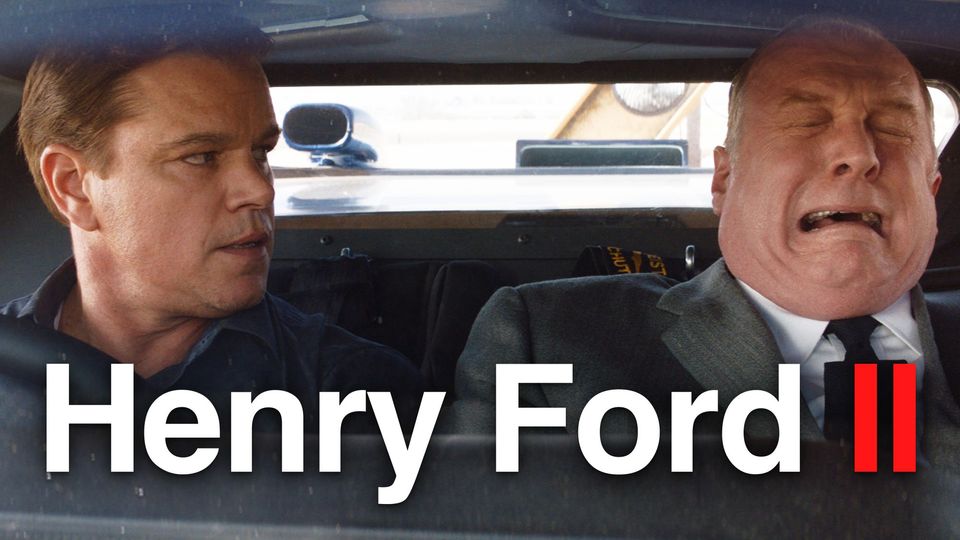
Introduction
Ford v Ferrari is a 2019 American sports drama film that tells the story of the legendary battle between Ford Motor Company and Ferrari at the 24 Hours of Le Mans in France in 1966. Directed by James Mangold, the film stars Christian Bale and Matt Damon as the two drivers, Carroll Shelby and Ken Miles, who help Ford put an end to Ferrari's dominance at the race.
The film is a thrilling narrative of two determined drivers, two iconic brands, and the fast-paced world of motorsports. It illustrates the power of collaboration and determination to overcome seemingly insurmountable odds in what has become, in my opinion, one of the few modern classics that is infinitely rewatchable. The two leading actors, Christian Bale and Matt Damon, under the direction of James Mangold, turned in terrific performances that truly captured the spirit of their historical characters.
Overall, Ford v Ferrari is an inspiring story about the power of collaboration and determination. The movie "Ford v Ferrari" is named after the titular Henry Ford II, but it's not really about Ford per se. Its protagonists, Ken Miles and Carroll Shelby, are the true driving forces behind the story, but even though Ford is a side character, he still has one of the best scenes throughout the entire movie.
You’re Not Henry Ford
Henry Ford II, son of the founder of the Ford Motor Company, Henry Ford, was born in Detroit in 1917. He joined the company in 1945, and during his tenure, he oversaw the introduction of the iconic Ford Mustang, as well as the company’s expansion into international markets. But for all his accomplishments, he was still the son of the man who started it all.
I'm personally not familiar with all the historical details surrounding the Fords, so I'm only analyzing their relationship in the context of the film from a storytelling perspective.
Which brings us nicely along to the quite possibly the second best scene in the movie, only trailing behind the one where Miles and Shelby have a slight…disagreement on the lawn.
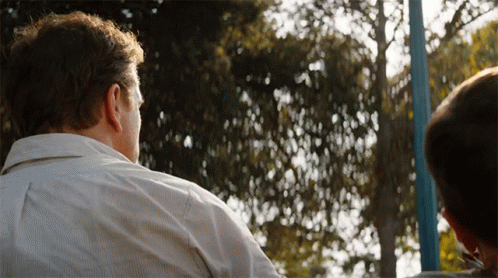
To set it up, it’s important to know where Henry Ford II is coming from in Ford v Ferrari. Ford wanted to race the 24 Hours of Le Mans for a variety of reasons, both personal and professional. Professionally, it was an opportunity for him to prove to the world that the Ford Motor Company was capable of competing with the likes of Ferrari and winning. On a personal level, it was a chance for him to prove himself to his father, the legendary Henry Ford.
It all comes to a head when, after failing to acquire the financially struggling Ferrari company, Jon Bernthals character, Lee Iacocca, repeats back to Ford what Enzo Ferrari, the founder of Ferrari, said to him during the failed negotiation.
After being called fat and pig-headed, which Ford seemingly finds humorous and expected, he’s then hit with this line from Iacocca, “He said you're not Henry Ford. You're Henry Ford II.”
“He said you're not Henry Ford. You're Henry Ford II.”
I love this exchange because you can see the atmosphere get sucked out of the room. Ford, who is seemingly confident and domineering up to this point becomes visibly shaken.
To Ford, this time it's not just business, it’s personal.
This sets Ford on a mission to crush Ferrari at the Le Mans by any means necessary, even if it means hiring a couple out of the box thinkers like Miles and Shelby to get the job done.
Father-son relationships are…complex. As a son, you want to please your father while simultaneously wanting to compete with him. Ultimately, Ford's motivations for racing in Ford v Ferrari boil down to a desire to prove himself to his father and make his own mark on the world. He’s proud of his family legacy but at the end of the day he’s still a boy caught in the shadow of his mighty father.
But of course, Ford begrudgingly learns that winning the Le Mans isn’t a simple matter of throwing money at the problem. It requires passion, precision and the ability to fail and iterate. This puts him on a collision course with Ken Miles and Carol Shelby who are motorsport purists, as opposed to Ford’s world of seedy businessmen and stockholders.
It’s the classic story of the artist vs. the businessman. Ford represents both a protagonist and an antagonist in the fact that he’s the one who initially drives the plot forward, but he proves to be an obstacle every step of the way. In this way, Ford is both Gandalf and Saruman. He is the one who initiates the quest, like Gandalf from The Hobbit or The Fellowship of the Ring, but he also hounds the protagonists throughout their journey like Saruman does.

The pursuit of winning the Le Mans race puts Henry Ford into a bit of a rock and a hard place. On the one hand, he wants to win the race at all costs, but on the other, he has a business to run and an image to maintain. Being a creature of the corporate world, he doesn’t understand Shelby’s tactics and is constantly trying to micromanage everything from his ivory tower. Ultimately he represents the red-tape bureaucracy that the two protagonists have to contend with at every turn.
My Daddy
Throughout the film, we see Miles and Shelby struggling and pushing back against the corporate barriers that are put in their path. This all comes to a head when Shelby has had enough of talking, and decides to personally take Ford for a little ride to show off their new race car, the Ford GT40 Mk.
After inviting Ford to hop into the passenger seat, Shelby asks, “Ready?”
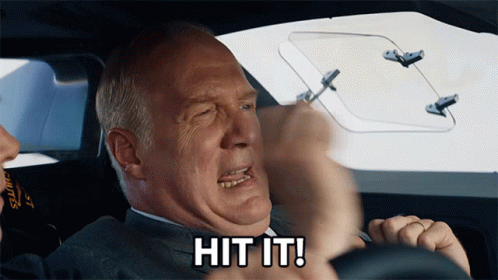
Ford confidently and somewhat cornily responds, “The name in the middle of that steering wheel should tell you that I was born ready, Shelby. Hit it.”
“The name in the middle of that steering wheel should tell you that I was born ready, Shelby. Hit it.”
Without wasting any time, Shelby accelerates and shoots off like a rocket, practically giving poor old Henry Ford whiplash along the way. Ford groans and screams as they pick up speed.
At this point, Ray McKinnon’s character, the engineer Phil Remington, calmly says with a knowing smile, “About right now the uninitiated have a tendency to soil themselves.”
“About right now the uninitiated have a tendency to soil themselves.”
After taking sharp turns and accelerating at an unnatural pace down the airfield, Shelby finally brings the car to a sudden, skidding stop.
As the smoke from the tires clears, Ford sits in a horrified stupor for a moment before he suddenly breaks down into tears. As the audience, our first inclination is to laugh, since the entire scene up to this point was played for laughs.
But then, suddenly, the tenor of the scene changes when Ford breaks down into tears and starts sobbing like a little school boy. At first, we’re led to believe that he’s crying because he was so horrified from the unusual and exhilarating experience, but we quickly learn that we had it wrong the entire time, and we had Ford wrong by extension.
He’s not crying from fear, or because he soiled himself, but they’re tears of joy and sadness. After sobbing for a few moments, he says, “I wish my daddy, he were alive to see this. To feel this.”
“I wish my daddy, he were alive to see this. To feel this.”
I love this scene, because the filmmakers and writers could have simply portrayed Henry Ford II as a stereotypically arrogant and emotionless CEO, but this scene breaks the mold of the stuffy CEO stereotype and gives him some underlying humanity.
Unlike typical portrayals of CEO characters, Ford is funny, determined, and a little bit of a crybaby when the situation permits. I don’t say that in a negative way, because it adds nuance and depth to the character.
What we see is that Ford isn’t as stoic as he he would seemingly like to appear. When he’s insulted and compared to his father, or when he experiences something that he knows would have delighted his father, the cracks in his exterior start to appear.
If Ford was a video game final boss character, his father is obviously the boss’s weak spot that you would have to strike repeatedly to bring him down.
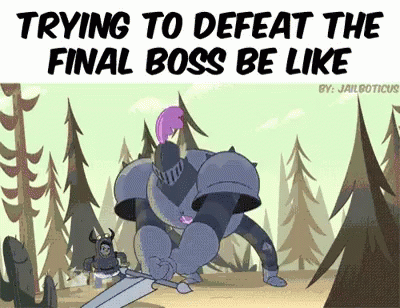
This scene is great because it’s genuinely funny and also a little heartbreaking. It does the unexpected thing and rips the carpet out from under you, revealing a heartfelt layer to the proceedings that we as the audience weren’t expecting. In this moment, Ford is transformed from a corporate monster into a somewhat relatable person. It's a moment that is both funny and profound in its depth of meaning.
I love it when movies, books or any kind of storytelling medium can surprise me in this way, which is so hard to do. This scene is special because it adds dimensionality to his character. Is Ford the hero or the villain of the piece?
While this encounter doesn't redeem Ford as a character, since he continues his bullish behavior throughout the rest of the story, it does offer some nuance to a character that could have otherwise been left on the sidelines.
Conclusion
Overall, Henry Ford II is an interesting and complex character in Ford v Ferrari, and his relationship with his father is a key element of the film. He is proud of his father's legacy, but he still feels that he has to prove himself and make his own mark in the world. He is both a protagonist and an antagonist, as he initially drives the plot forward, yet he still stands in the way of Miles and Shelby's ultimate success.
The scene in question sets up a comedic moment, no doubt, but there's something more to it. Suddenly, we're not sure if Henry Ford II is laughing or crying. It turns out, his emotions are complex as he experiences a combination of joy, happiness, and sadness, all at once. It's a moment of triumph and pain, all in one.
In this way, Ford v Ferrari succeeds where so many other movies and stories fail. When telling stories about people, many writers and directors fail in the most fundamental of ways, forgetting to put humanity and character into their characters.
